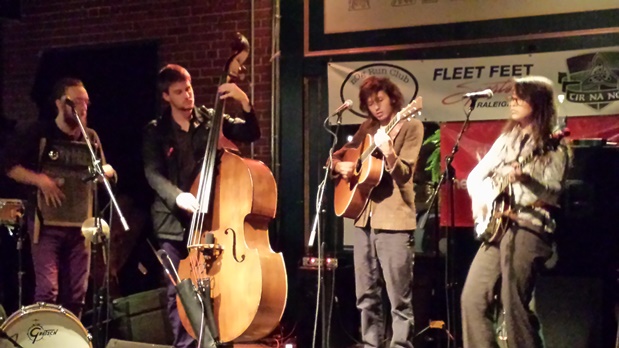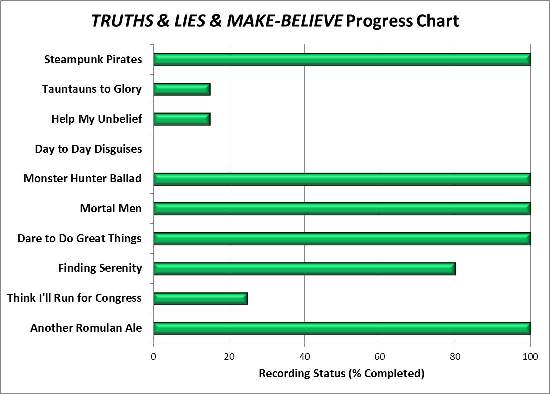Many years ago I thought about starting a school that would emphasize “sphericity,” by which I meant the property of being well-rounded.

(“Armillary Sphere,” by francisco.j.gonzalez, on Flickr under Creative Commons.)
To me the concept of personal sphericity is summed up in one of my favorite Robert A. Heinlein quotes —
A human being should be able to change a diaper, plan an invasion, butcher a hog, conn a ship, design a building, write a sonnet, balance accounts, build a wall, set a bone, comfort the dying, take orders, give orders, cooperate, act alone, solve equations, analyze a new problem, pitch manure, program a computer, cook a tasty meal, fight efficiently, die gallantly. Specialization is for insects.
— which seemed like the basis of a unique and interesting curriculum (so long as we didn’t push students so far as to experience the last item in the long list). My idea was to start a school that would equip every student not only with the “three Rs” but with practical skills, and would give them experience not only with those specific tasks listed but with related activities that they represent.
This idea came back to mind recently when a colleague wrote this blog post. She wrote about designers Emily Pilloton and Matt Miller, who started Studio H in Bertie County, North Carolina, as a “‘design/build’ public school curriculum that sparks community development through real-world, built projects.” They taught “fundamentals of design, architecture and construction to high school students,” though after the first year they took the program to California because the local school district had cut funding for their salaries.
In that one project, then, we find several items from Heinlein’s list: not only the obvious “design a building” and “build a wall,” but “balance accounts” (in terms of budgeting for the project), “cooperate,” “analyze a new problem,” and likely several more. It seems like a wonderful educational experience to me, and I applaud Pilloton and Miller for pursuing the idea and wish them luck in the future.
I don’t know quite how to go about starting such an enterprise, but I think a school of sphericity would be marvelous, and its graduates would be well-poised to take on whatever challenges awaited them. What do you think?














